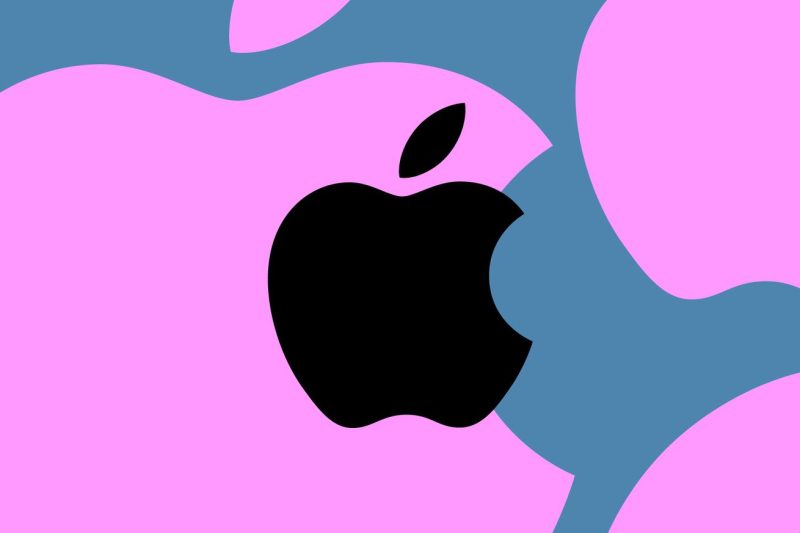In a move that promises to revolutionize the world of smartphones yet again, Apple is reported to be developing its own Wi-Fi chips for the upcoming iPhone 17. This strategic shift marks a significant departure from the company’s reliance on third-party suppliers for this crucial component and demonstrates Apple’s commitment to controlling more aspects of its hardware design.
Wi-Fi connectivity has become an integral feature in smartphones, allowing users to stay connected to the internet and communicate with others seamlessly. By creating its own Wi-Fi chips, Apple aims to enhance the performance, reliability, and security of its devices while also potentially reducing costs and increasing profit margins.
One of the most compelling advantages of Apple designing its own Wi-Fi chips is the potential for tighter integration with the iPhone’s other core components. This can lead to improved power efficiency, faster data transfer speeds, and better overall performance. By optimizing the way the Wi-Fi chip interacts with the iPhone’s processor, Apple can deliver a smoother and more responsive user experience.
Additionally, developing its own Wi-Fi chips enables Apple to have greater control over the security features of the iPhone. With data privacy and security becoming increasingly important concerns for consumers, having a custom-designed Wi-Fi chip can help Apple implement advanced encryption and security protocols to protect user information from potential threats.
Moreover, by reducing its reliance on external suppliers for critical components like Wi-Fi chips, Apple can potentially streamline its supply chain and reduce production costs. This could result in lower manufacturing expenses for Apple, which may, in turn, lead to lower prices for consumers or increased profitability for the company.
The shift towards in-house Wi-Fi chip development is part of Apple’s broader strategy to differentiate its products from competitors and maintain its reputation for innovation and quality. By taking more control over the design and production of core components, Apple can ensure that its devices offer a unique and superior user experience that sets them apart in a crowded market.
As the smartphone industry continues to evolve and competition intensifies, innovations like Apple’s in-house Wi-Fi chips are crucial for staying ahead of the curve and meeting the ever-increasing demands of consumers. With the iPhone 17 rumored to be the first device to feature Apple’s proprietary Wi-Fi chips, it is clear that the company is once again poised to redefine the standards for smartphone technology and design.
